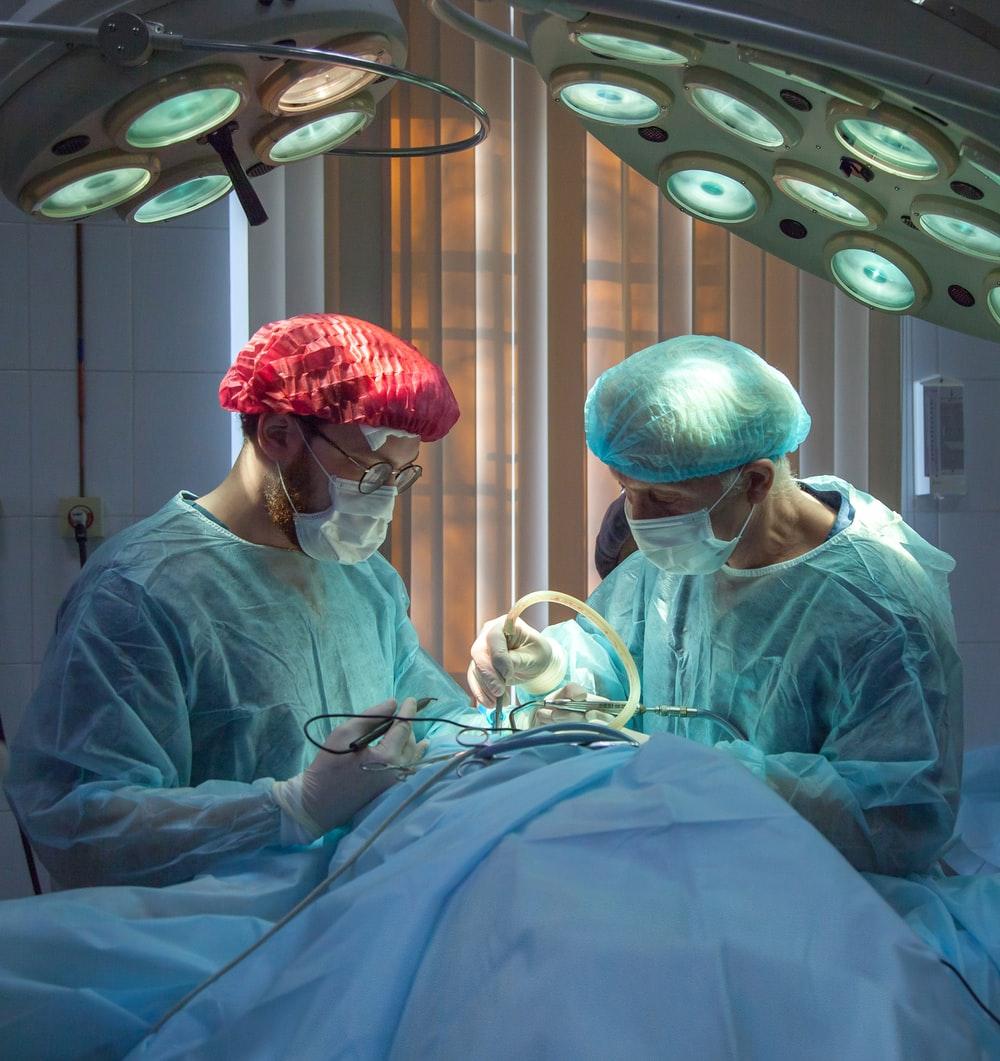Every organ in the human body has a specific purpose. Ideally, the body should function like a well-oiled machine. But, with the help of modern medical science, it was determined that some of these minor organs might be removed without causing harm. In fact, removal may become necessary when a person’s life is threatened. One example is the gall bladder.

The gall bladder is part of the digestive system and aids with food digestion. It stores bile which helps dissolve fat. But many people, over time, develop symptoms associated with gall bladder problems. Some of these symptoms include vomiting, bloating, pain, and indigestion. When the pain becomes intolerable, the patient may need to consider a gallstone surgery London clinic for the best treatment possible.
Diagnosing gall bladder problems and scheduling surgery
If you are experiencing symptoms linked to a possible gall bladder problem, your physician may conduct different tests such as:
- Abdominal CT scan
- Abdominal ultrasound
- Blood tests, complete CBC, etc.
Generally, before performing a gallbladder surgery London practitioners will schedule the procedure in advance. But for emergency cases, the operation may commence soon after diagnosis.
Modifying the patient’s diet before the surgery
Before undergoing surgery, you may be advised by your doctor to avoid eating fatty foods. Fat in your diet will trigger bile secretion, which will cause more pain and discomfort. It is also recommended to refrain from eating food that causes allergies, despite the symptoms being mild. Generally, the best pre-surgery diet should consist of fruits, vegetables, low fat, and minimal meat.
What to expect during the procedure
Nowadays, when it comes to removing Gallstones London surgeons typically recommend laparoscopy. Instead of a large cut, the surgeon uses a probe and camera inserted through several small incisions in the abdomen. Although laparoscopy is now the standard, there are instances when the surgeon may opt for an open procedure, especially in case of unexpected complications.
After removing the gallbladder, the surgeon makes one final inspection and closes every duct connected to the organ. The instruments are then removed, and the abdominal incisions are closed using bandages, staples, or stitches.
Post-surgery patient care
As the patient slowly wakes from the anaesthesia, they are closely monitored to check if there are any signs of pain, infection, or any other complications resulting from the surgery. The patient may also undergo further tests to ensure that they are recovering as expected. A gall bladder London surgeon may be present during the first 24 hours post-surgery to address any issues which may occur.
Patient recovery
Laparoscopy is considered a minor surgical procedure and the surgeon may discharge the patient a day after the procedure if all goes well. In as little as one week, the patient can resume normal physical activities. However, anything that requires more strenuous exertion will have to wait a little longer.
The surgical incisions should heal normally if there is no infection. Since these cuts are small, there is no special care needed except for routine cleaning with soap and water. Should there be signs of inflammation, leakage, or pain in the incision area, notify your doctor right away for prompt assistance.
Leave a Reply